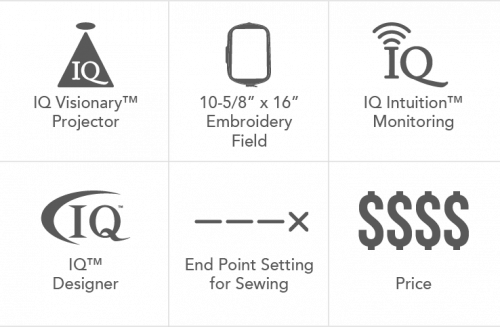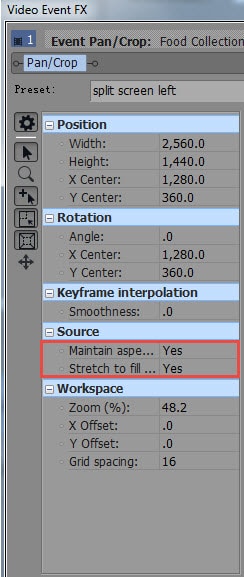
- #SEW WHAT PRO SPLITTING UP ONE COLOR INTO 2 HOW TO#
- #SEW WHAT PRO SPLITTING UP ONE COLOR INTO 2 FULL#
This will open the Convert Text to Columns wizard. From the Data ribbon, select “Text to Columns” (in the Data Tools group).Here’s how you can go about this problem. Unfortunately separating cells with multiple lines is not as easy as the method given above.
#SEW WHAT PRO SPLITTING UP ONE COLOR INTO 2 FULL#
Separating this column into four different columns that can show the full name of the person, Street, City and Country would make it much easier to identify patterns in the data. Each part of the address is on a separate line of a cell. Here you can see a whole address given in each cell.
#SEW WHAT PRO SPLITTING UP ONE COLOR INTO 2 HOW TO#
Now let’s discuss how to go about cases where you have a lot of information provided in separate lines of a cell. How to Split Multiple Lines in a Cell into Multiple Cells That means if you have a comma as a delimiter and in some cells, you have three words separated by commas then your data will be split into three columns. It goes without saying that the number of columns that your data will be split into depends on the delimiters that you selected. You can also select the destination cell from here. You can specify this during Step 7 by typing in the location where you want the split cells to be displayed in the destination input box. You also have the option to select the destination of the split data. Therefore, you should make sure that you leave an empty space on the right before splitting. So the new cells will overwrite the contents in the next cell on the right. It’s important to note that when you split the contents of a cell, Excel does not insert new cells to hold the contents. We now have two columns of data, with the first name in Column A and last name in Column B. Leave it with the General option selected and then click Finish. By default, the General option is selected, which ensures that the columns have the same format as the original cells. You’ll now see an option where you can specify the format for the data in the columns.Notice when the space option is checked we get exactly the result we want.



If the volume of the data is very large then it’s usually quite difficult to structure the data’s readability.įor example, you might have got data with a list of names, and you might want to arrange the names in alphabetical order of surnames. However, sometimes you need to work with data that someone else has created. When entering data from scratch, it’s possible to ensure that we structure the data to be more readable. One of the best ways to make your data more readable is to split it into chunks so that it is easier to access the right information. It makes the data easier to skim through and work with. When working with data and spreadsheets, readability, and structure matter a lot.


 0 kommentar(er)
0 kommentar(er)
